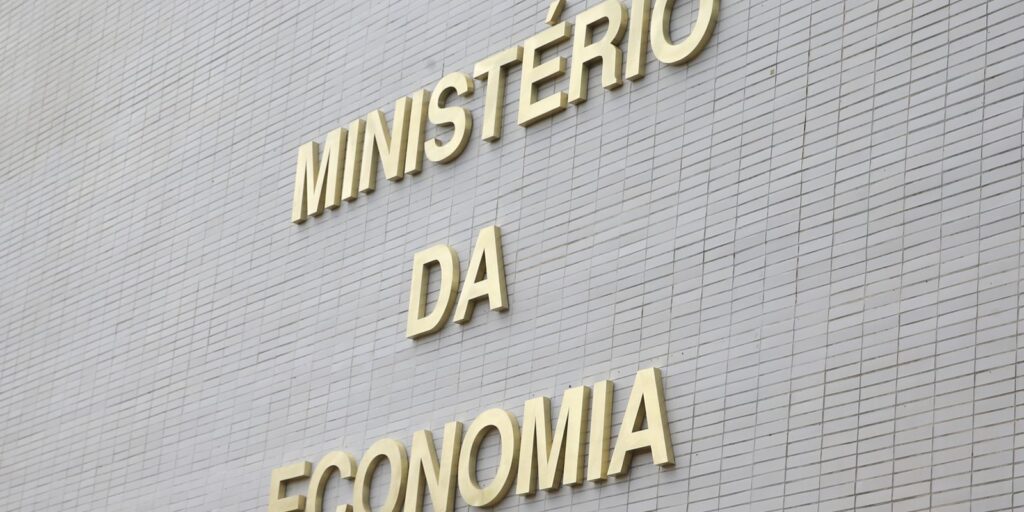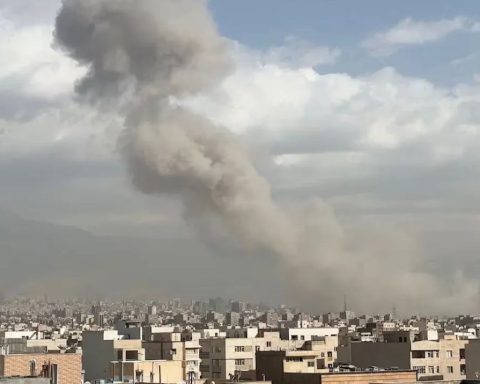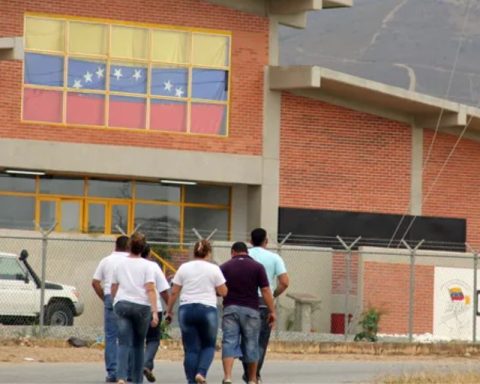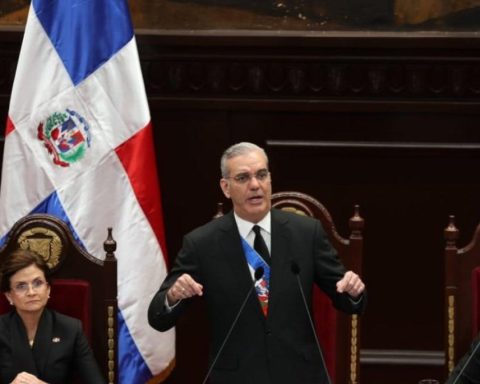Economy Minister Sergio Massa said this Sunday that one of its main objectives is to reach next April with inflation of the order of 3%.
In dialogue with Futurock, Massa said that when he took over the management of the Palacio de Hacienda “The objective was to lower inflation by one point every 60 or 65 days” and that “the objective is to reach the month of April with inflation that has 3 ahead of it.”
In this line, he stressed that although work is being done for this, “the gaze is not set on the closing number of this year, but on a journey that allows us to go to the supermarket not be impossible and that allows us to recover income” .
“We aspire that the improvement in income is not only produced by better parities or bonuses, but also by a reduction in inflation,” he argued and expressed that “The biggest debt we have as a government is around the recovery of income and the purchasing power of our workers.”
In this sense, he affirmed that he was sure that inflation would continue to fall “because when you order the accounts, when you intend to accumulate reserves, when you order interest rates and align them with the economic policy goals, when good use is made of the economic instruments to achieve better offers from the productive sectors for the consumer, somehow you achieve the objective”.
He also argued that in the case of the private sector, monotributistas, independent workers and workers in the informal economy, the impact of inflation is even greater, and said that “they have a sustained loss of income because they are victims of inflation.”
“We have two very firm paths of conduct, one in relation to the reduction of inflation and the other in relation to the recovery of income from joint ventures”he remarked.
He also pointed out that “more important than making shocks is to follow a path that consolidates the objectives that you set for yourself, having a fiscal order cannot be a shock of a month but rather a behavior as an administrator, shocks are useful in power-points but reality requires that the programs have the people inside”.
Likewise, he questioned opposition leaders who demand a devaluation process, without explaining that this type of measures implies “making our currency lose value and pushing a greater number of people into poverty, as well as destroying a moment in which the installed capacity of Argentine companies are at a high level, with high production volumes, which reduces export competitiveness”.
On the other hand, the minister referred to the expansion of the swap with China, in response to which he explained that Argentina has a swap with China for US$ 18 billion, and of that amount, “it was agreed that 5 billion would be freely availability, function as instruments of daily operation of the Central Bank to work in the single free exchange market”.
“The swaps represent strengthening or backup in the reserves, and allow doubling the reserve capacity that we already had,” emphasized.
Along these lines, he commented that in the month of August, “Argentina had negative reserves, in terms of free availability, and today a set of decisions will allow us to close the year with more than US$ 6,500 million of our own accumulated reserves plus US $5 billion of free availability from the agreement with China”.
He also confirmed that Argentina is waiting for the signing of the agreement with the United States on the exchange of tax information, and stressed that it will allow the country “to have information that until now it did not have on Argentine citizens who evade their commitment to the treasury through formation of external assets and accounts abroad that do not declare”-
“The agreement is technically closed and awaiting the signature”, He said, after which he indicated that the signature would take place within the week that goes from November 28 to December 2.
“Not only will it allow us to access nominal accounts but also company owners, with which the information is not only from Argentine citizens who have undeclared accounts, but also from companies built off-shore and their members,” the minister highlighted.
Finally, he referred to the International Monetary Fund and stated that in Washington and within the framework of the Development Committee, Massa stated regarding the cost of the war that “the southern hemisphere has already paid for the war because the increase in the price of fuels, fertilizers , of grains, are already reflected in the public accounts of the countries of this hemisphere since June of this year”.
Likewise, he said that the discussion deals with who absorbs the economic impacts of the war, “what lines would each multilateral organization absorb”, and in this regard, he maintained that his intention “is that in some way the IMF assumes the responsibility that falls to it as lender of last resort for the development of countries regarding the impact of the war in the framework of a program that Argentina is carrying out with the Fund”.
In this sense, he advanced that “As of the end of the fourth quarter and with a perspective of 2023, it will be necessary to discuss with the Fund exactly what it means for it to absorb that responsibility.”
Regarding the debt with the IMF, he also stressed that this implies “a set of goals that are intended to guarantee compliance with the loan obligations,” but noted that “those goals are agreed upon between Argentina and the Fund, it is not that the Fund imposes one measure or another on you. We took the measures in Argentina”.
“The search for fiscal balance, a trade surplus, the accumulation of reserves, exchange convertibility are not an imposition of the Fund, they are a conviction of the vast majority of the Frente de Todos, understanding that the best results for Argentines were achieved when our economy had fiscal balance, had a trade surplus, accumulated reserves, and even paying the Fund, which Néstor (Kirchner) did, has to do with having achieved sufficient freedom through fiscal balance to pay the Fund,” he concluded. .


















